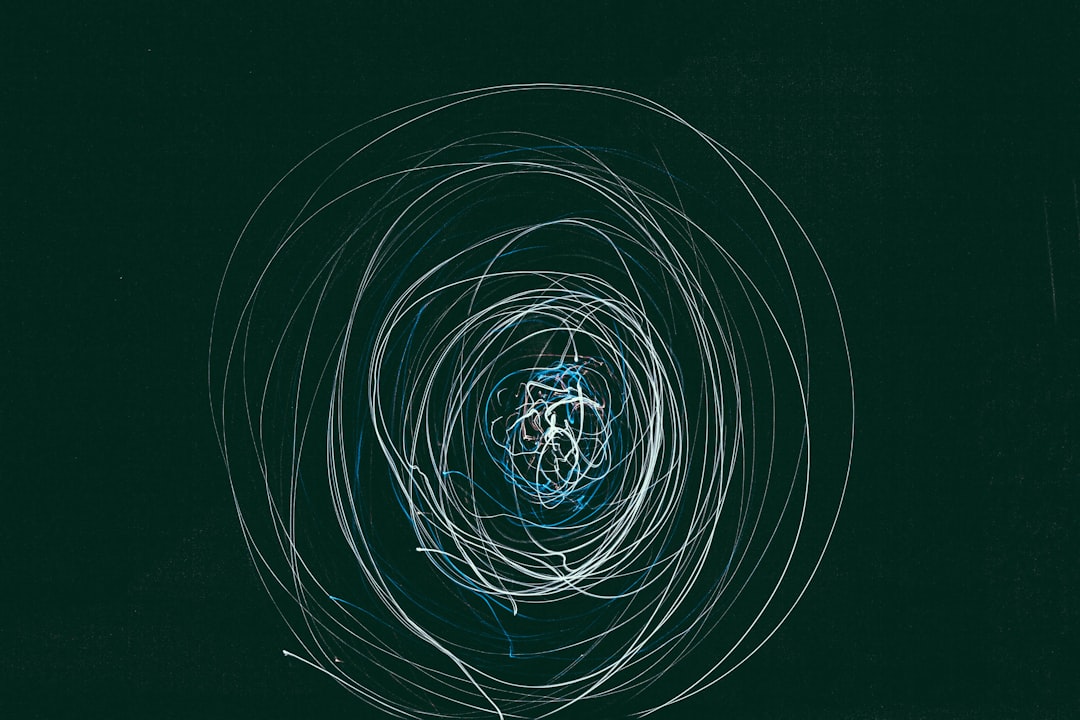Greetings,

I grew up on the Terminator movies and submerged myself in the Matrix movies in my twenties. The idea of a dystopian future where machines/computers ran the world seemed both close and far away. I still remember the time before the Internet and cellphones and PCs and laptops and the like. When I was in high school, my father’s secretary transitioned from a typewriter to an electric typewriter and that was a big deal.
Today, everyone is talking AI. I keep meaning to write my thoughts down every time I get asked whether I am not worried about AI replacing me, as a writer. Maybe I will do so properly one of these days. My short answer is generally ‘no’. I have been trying too read the thoughts of those smarter than I on this topic and I am still not worried because I have already been using AI for some years - in particular Descript for transcriptions - to do my work better.
Time will tell how the whole AI thing plays out and the impact it will have on our world. I can’t help but feel, like with most things, it is still being viewed from with a Western lens and, as Africans, we have to be very deliberate in exploring it within context.
Anyway, here are seven things I reckon are worth sharing (some AI related):
About 20 years ago, when I was still involved in poetry, I came across Brazilian artist Eduardo Kac’s work, particularly his 'holopoetry’ and how he integrated, amongst other things, robotics, telecommunications, biology into his art. “In the early 1980s, Kac created digital, holographic, and online works that predated the global culture we live in today, composed of information subject to change and constant flux.” Lemenft.
I hadn’t thought of him until recently and it has been interesting rediscovering his work within context of the evolution of technology.
AI has been around for some time as evidenced in 6 Artists Who Were Using Artificial Intelligence Before ChatGPT.
According to Christine Lee on Turnitin, “Contract cheating is the practice of students engaging a third-party to complete assignments. It occurs when someone other than the student completes an assignment--and which the student then submits for assessment/credit.” It is big business and an area where AI is impacting on the livelihood of those who provide that service: AI is taking ghostwriters’ jobs in Kenya
For my latest motorcycle column on Wanted Online, I wrote about Keanu Reeves’s relationship with motorcycles: Keanu Reeves Rides Into Hearts with Movies and Motorcycles
I have always believed that by framing Africans as only having an oral tradition, it has continued to perpetuate the narrative that written literature is solely a Western concept and that, therefore, Africans are traditionally illiterate and ‘less than”. Africa writes back: European ideas of African illiteracy are persistent, prejudiced and, as the story of Libyc script shows, entirely wrong makes that
In an episode of The Knowledge Project with Shane Parrish podcast, Shopify co-founder and CEO Tobi Lütke says “If you say no to a thing, then you’re saying no to one thing. If you say yes to a thing, you actually say no to every other thing during that period of time." It isn’t easy to say ‘no’, but I learned the hard way and I reckon my life is better for it..
Last thing on AI. ChatGPT Can’t Kill Anything Worth Preserving. In reading this, I realised that my perspective on AI is influenced by how I view writing (even the writing I do for corporate clients), which John Warner captures perfectly: “It’s possible that one of the things we (as in society collectively) will decide is that students don’t need to learn to write anymore, since we have technology that can do that for us.
I think this would be a shame because one of the things I value about writing, is the act of writing itself. It is an embodied process that connects me to my own humanity, by putting me in touch with my mind, the same way a vigorous hike through the woods can put me in touch with my body.
For me, writing is simultaneously expression and exploration.”
That’s it for today. If you enjoy receiving the Zebra Culture By Kojo Baffoe newsletter but are not subscribed, please do subscribe.
I would also appreciate it if you shared with a friend who might also like it.
I welcome comments, thoughts, etc. A big thank you to those of you who have sent me messages. I have been experimenting with both Substack’s new Chat and Notes features.
And if you would like a copy of my book Listen To Your Footsteps, it is available online and in bookshops (primarily in South Africa but also on Barnes & Noble and Amazon) both in digital and physical form. If it isn’t available in your local, South African bookshop, ask for them to order it. Or you can mail me and I can make arrangements to get a copy to you.
Easy
Kojo

